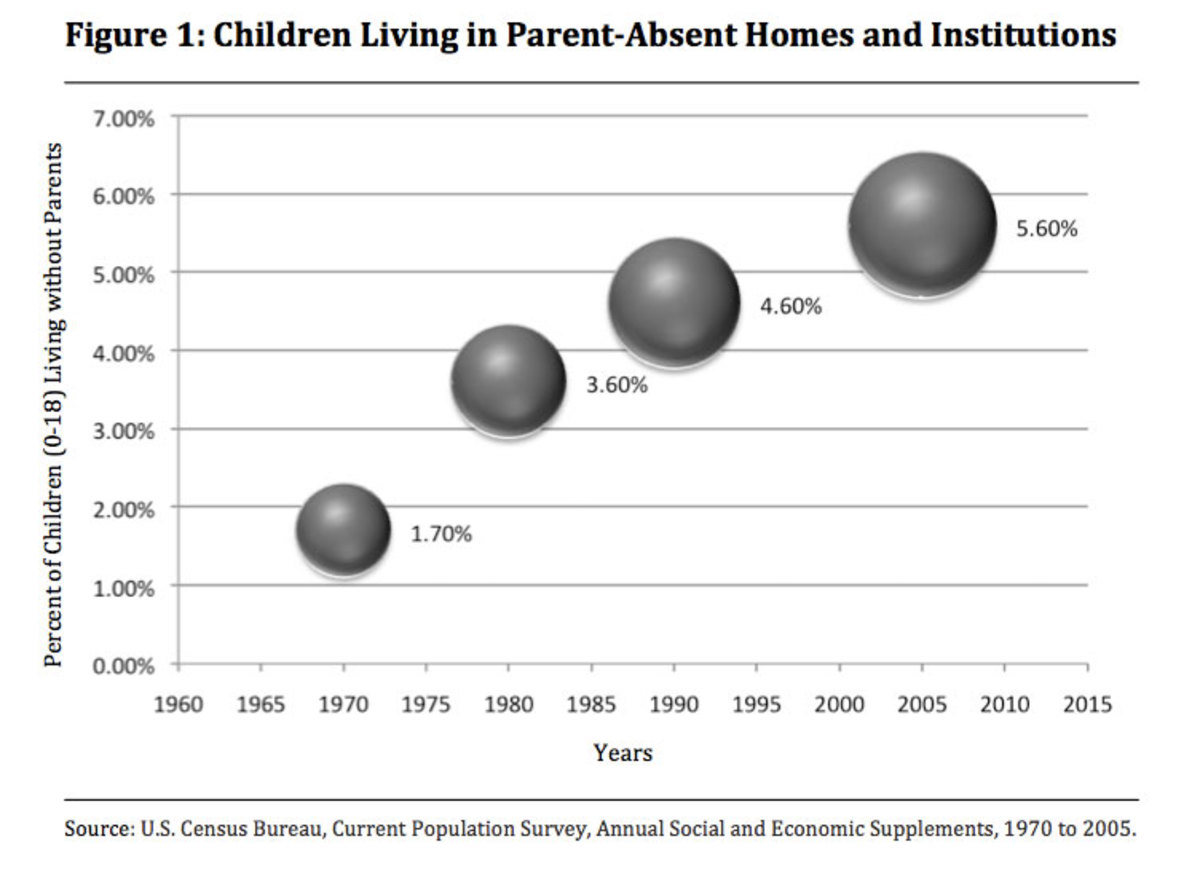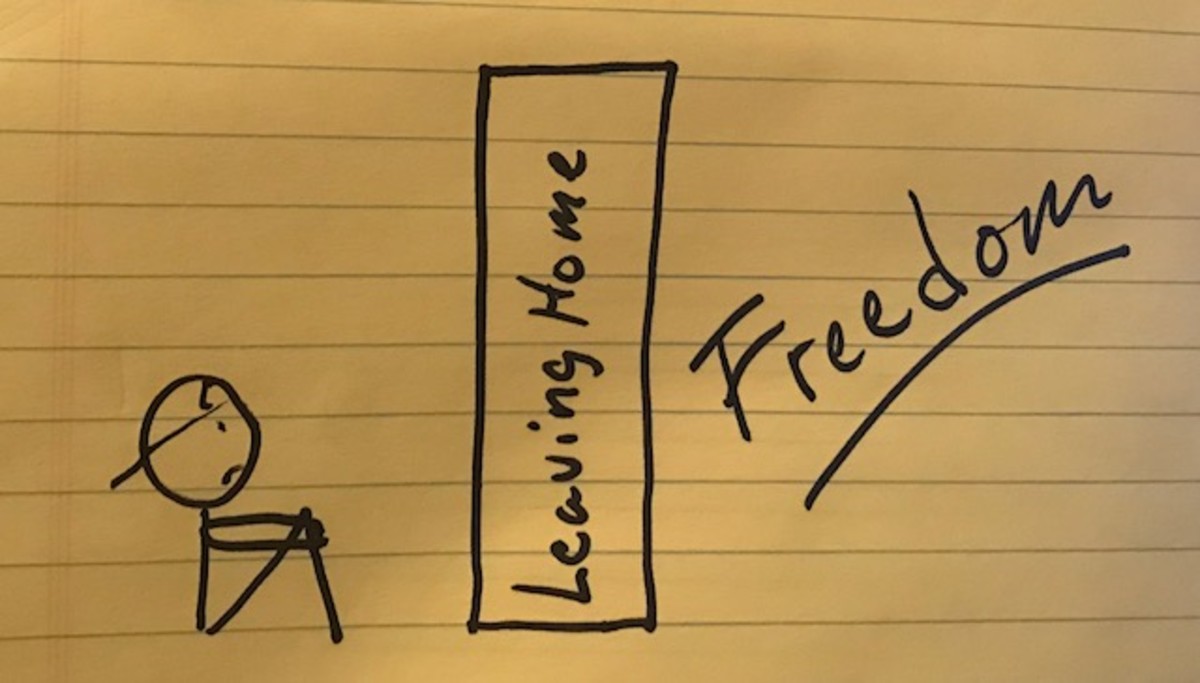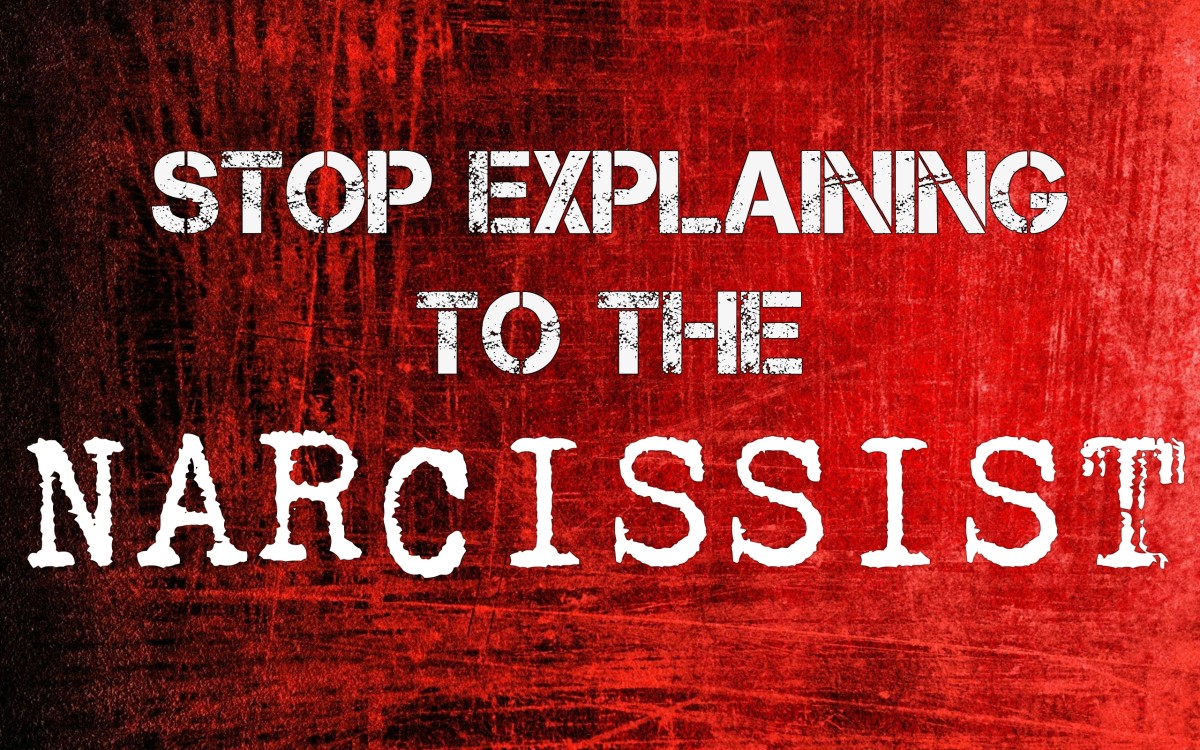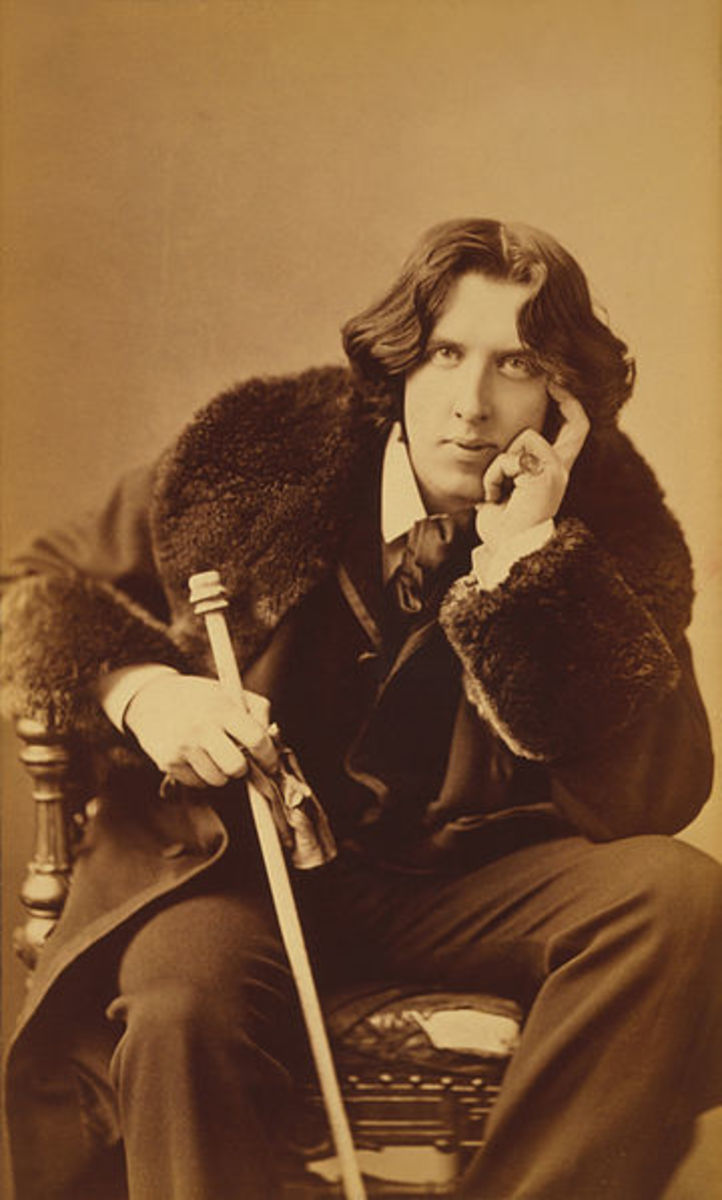Explaining Alzheimer's to Children
First the adult child has to understand
If you have a loved one that is suddenly diagnosed with Alzheimer's it is a shock to a person's mind. All sorts of questions go through a person's mind. Trust me I know. Having a parent with dementia and one with Alzheimer's is a blow to a person. I didn't understand anything about the diseases and I was like what do I do? I didn't start to learn until my mother passed away from Dementia.
I highly recommend that you read the book the 36 hour day. I was usually awake 24/7/365. If I tried to sleep and I heard the door open I was wide awake. Where did my Dad think he was going? All the questions that our parents had asked us when we were young come back. Where are you going? How long are you going to be gone? I felt strange as an only child trying to figure out what to do. Every two weeks my father was at the doctor or the hospital.
The first thing to get done is all the paperwork. Within two weeks of diagnosis, I was told to get his guardianship, conservatorship, payee if they are on pension on Social Security. Get ready to become two people. Your life becomes second. Your responsibility is to your loved one. You have to account for every penny you spend on your loved one. Keep every receipt.
If you have children don't take out your frustration on them. They don't understand why you have changed. Calmly set them down depending on age and try in words they understand that grandpa or grandma is sick. Tell them that grandpa or grandma has a problem remembering. Don't push too much information on them.
Next for the adult is finding a group for Alzheimer's Support. I found that even though Alzheimer's isn't a funny disease you calm down enough during these meetings because you will realize you are not alone. Someone in the group may say something like my husband would be so upset when I would go to the store. He accused me of having an affair. It helps you to understand if it happened to you or it may be something that will happen in the future.
I will tell you I don't think this disease is here today and gone tomorrow. Some people I know live with it for twenty-five years. There may be times that you want to disown this loved one because it seems likes it just goes on and on. You have to realize that if the loved one had the choice they wouldn't have this disease. You have to know what the loved one want for end of life care. I know some people have had strokes, pneumonia, and bleeding. How would your loved one want this handled? Would they want to be kept alive by artificial means? If you don't have a cell phone you better get on. If you are not the one taking care of them, the home will need to get ahold of you 24/7. Your loved one fell. Your loved one did this or that.
As grandma and grandpa get worse don't stop taking their grandchildren to see them. They may mistake them for you but it helps the loved one not feel like you forgot they exist and the grandchildren get to hear stories from grandparents that they may have never heard. None of this is bad. Never argue with the loved ones and tell the children to play along with that you will explain to them later. It is hard to explain to children that grandma and grandpa aren't going to get better. Tell them that you will never know what you find when you visit but it is like make-believe. Explain to the children that grandma or grandpa may call them by the wrong name but not to get upset.
If it is needed try to get the children and maybe yourself into counseling. This disease is very hard on the caregiver as well as the victim of the disease. It is nothing to be ashamed of to admit something is more than you can handle. Your friends may start avoiding you because they don't understand the disease. Understand that it is their problem, not yours. You have enough on your plate. Try to keep life as normal as possible for the children as possible but there may be sometimes you have to do something for your loved one.
The guilt trip is something that is not discussed in counseling or support. That is the hardest part of all. The loved one will say the food is awful so you will bring them something to eat. You can if you know that liquids don't need to be thickened or food pureed. They will tell you that they are being mistreated. Don't disregard this, but you can check your loved one for bruises and the like. They will tell you they don't like it there. I know this is a favorite. The reason they don't like it there is that if they slept a lot before now they have to get up and do something. My father had one favorite food that he loved and I knew he could have it. It was Ambrosia Salad. I would make some and take it to him once a week.
Never visit the realize. for your loved one. If your children tell you something that grandma or grandpa said check it out. Children have no reason to lie.
Children have less being afraid of things than adults I have noticed. More patience with their situation than adults are. Tell your children about what is happening to grandma and grandpa as you learn about it. They have stronger senses than we have given them credit for. If they tell you that Grandma has seen the bright light or angels, don't take it lightly. Children may have seen the same things. They may be able to tell you when their grandparent is going home.
I know that it sounds hard to believe but children can handle a person being terminal better than we think. I was told that it makes it easier for adults to grieve each level that their loved one loses. It makes it easier when a loved one passes. I found this good advice. When my father couldn't change my hubcaps, I realized that the man I called father; was getting worse.
Don't expect siblings if you have any; to agree with you about the care of your loved ones. Many of them will be in denial. You may have a sister or cousin that comes and spends two hours and they see nothing wrong with the loved one. They may tell you that you are imaging but as the primary caregiver that you will be even if your loved one is in a home. Like I said before you are their only voice. The denial will come in the form that nothing is wrong to the fact that Mom or Dad will pop back and be just fine. They might even tell you that the doctor is wrong. You are the one that is there and that the doctor tells things too so don't let your family's denial shake you.
When it comes time for hospice care, that is a hard decision. That is when you have to be positive what your loved one wants for end of care. If your loved one doesn't want a feeding tube because they have given up eating. This is just putting off the end. I was told by the hospice nurse who took my Dad's care that if you want no feeding tube or IV, people will say that you are starving your loved one to death. Don't let this upset you. My hospice nurse for my Dad; she told me that it is just nature taking it's course like happened many years ago.
Tell your children at this time that grandma or grandpa is going to pass away. How they handle this is based on what your spiritual belief is. Tell them that when that time comes that grandma or grandpa is no longer sick and is no longer in pain. They will cry but it will help them to deal with death.








